Tens of thousands protest across Austria as Nazism rears head in Europe
Tens of thousands of Austrians have taken to the streets throughout the country to express their opposition to radical right extremism and racism, drawing inspiration from similar demonstrations in neighboring Germany.
At least 35,000 demonstrators, believed to be 80,000 by the organizers, assembled in front of Vienna’s parliament building despite rain under the slogan “defend democracy”, as part of the country’s one of the biggest anti-right campaigns.
"We are here to defend democracy and stand up against the extremist movements that are growing in Europe so that the past doesn't repeat itself," one participant, Elena Tiefenboeck, told AFP.
The rally comes as the far-right Freedom Party (FPOe) is expected to win this year's parliamentary elections.
The protest was organized by a broad alliance of civil society organizations, NGOs, political groups, church communities and trade unions, including environmental group Fridays for Future and two other activist groups, Black Voices and Platform for a Humane Asylum Policy.
A banner displayed the words "Kickl is a Nazi" as a direct reference to Herbert Kickl, the uncompromising leader of FPOe, renowned for his vehement anti-migrant initiatives.
A win by the FPOe would be a "very worrying" prospect that could further "polarize society", said 53-year-old psychotherapist Barbara Brauboeck.
Similar protests were held across the country including Innsbruck, where police said around 3,000 people participated, and in Salzburg, where turnout was estimated at roughly 1,400 people.
Being the birthplace country of Nazi leader Adolf Hitler, Austria has had a history of a strong far-right political presence since the 1980s.
Austria’s anti-right march comes as an inspiration drawn from the days of protests in villages, towns and cities across Germany, where more than a million people from a broad cross-section of society turned out throughout the week, authorities said.
The movement was sparked following the January 10 revelation by the investigative outlet Correctiv that AfD members had discussed a mass deportation plan at a meeting with extremists.
The AfD confirmed its presence at the meeting wit extremists, which was also attended by the leader of Austria’s Identitarian Movement, Martin Sellner, who is highly popular among far-right Germans.
In Saarbrücken near the French border, around 7,000 people protested against a Alternative for Germany (AfD) party event on Friday.
Meanwhile in Gütersloh, police said around 3,000 people took part in the "We are more" rally when only 500 were expected.
Over the weekend more than 200 demonstrations are planned across Germany, most of them in towns, including in the east of the country, where the far-right AfD party has gained high votes.
The AfD, which is soaring high in the polls in eastern Germany ahead of three state elections in September, is for many Germans a reminiscence of the Nazi regime in the 1930s and 40s.
Since 2015, the ideology of AfD has been marked by its opposition to Islam and immigration, and in support of German nationalism, national conservatism, and Euroscepticism.
Euro-Med: Israel using winter as weapon of genocide Euro-Med: Israel using winter as weapon to infl
Venezuela demands end to US military presence
Donors receive favors from Trump’s fundraising machine post-election: Report
VIDEO | Odds against peace in Ukraine?
Iran plans launch of its heaviest ever satellite on Dec 28
Epstein abuse survivors slam US Justice Department over redacted files
VIDEO | Unintended consequences of a meaningless war
Iran’s IRGC says it has pulled out of Venezuela subway project


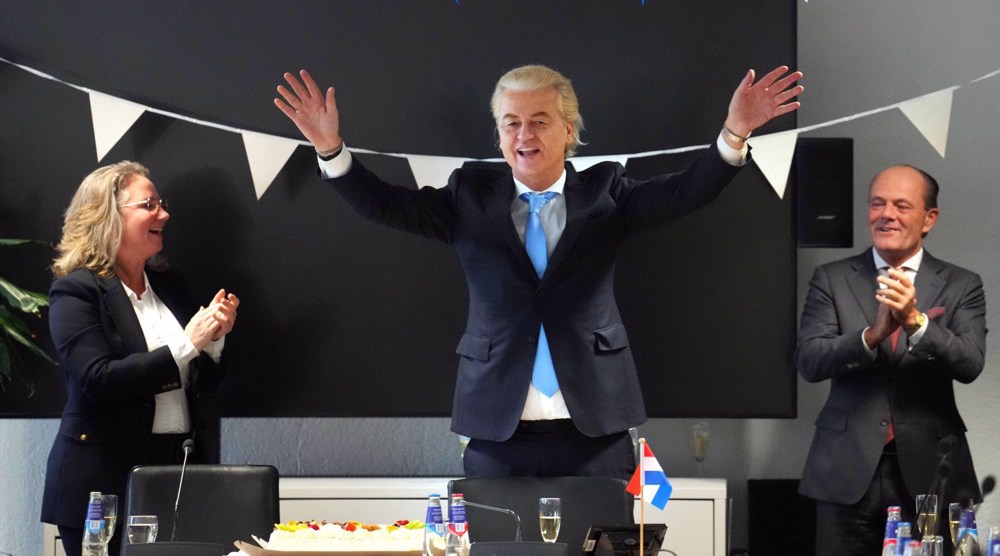

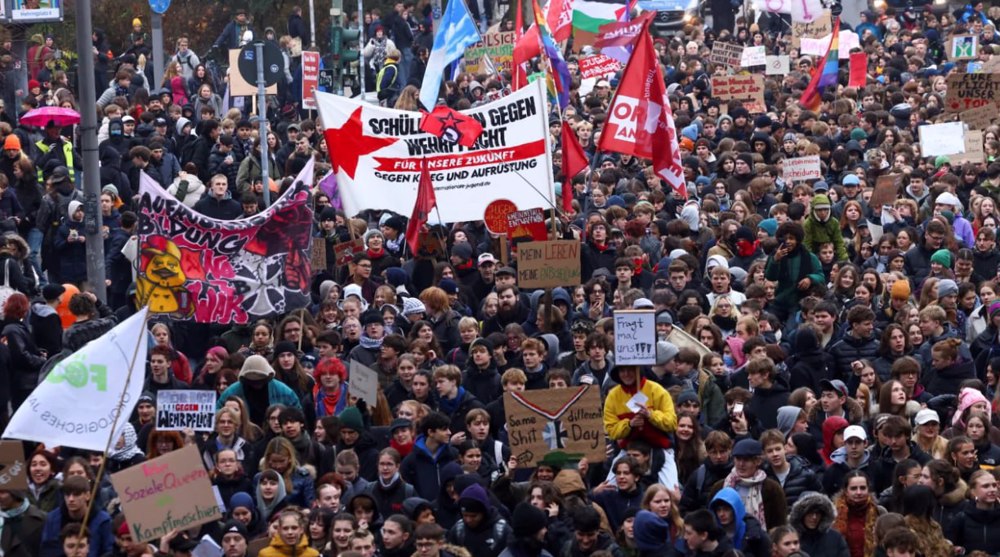
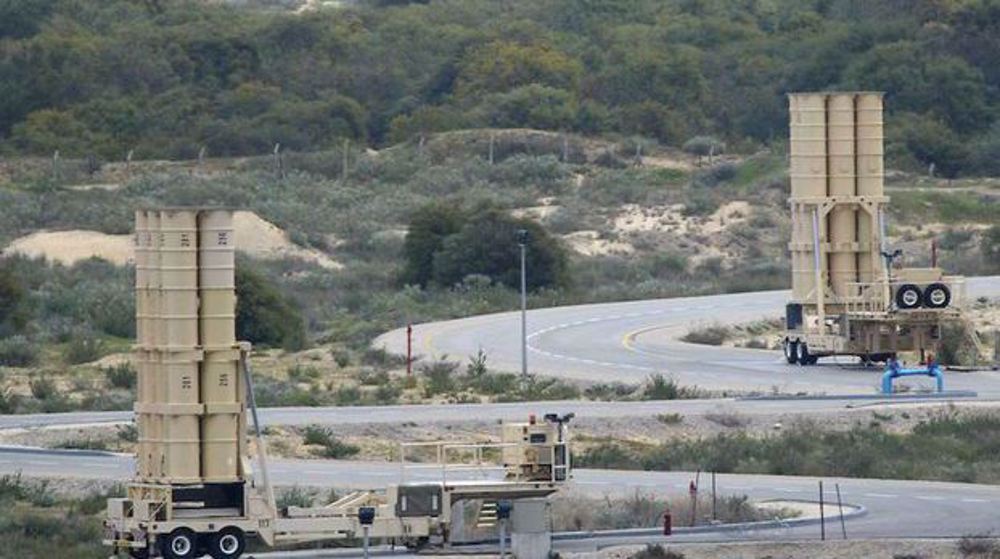




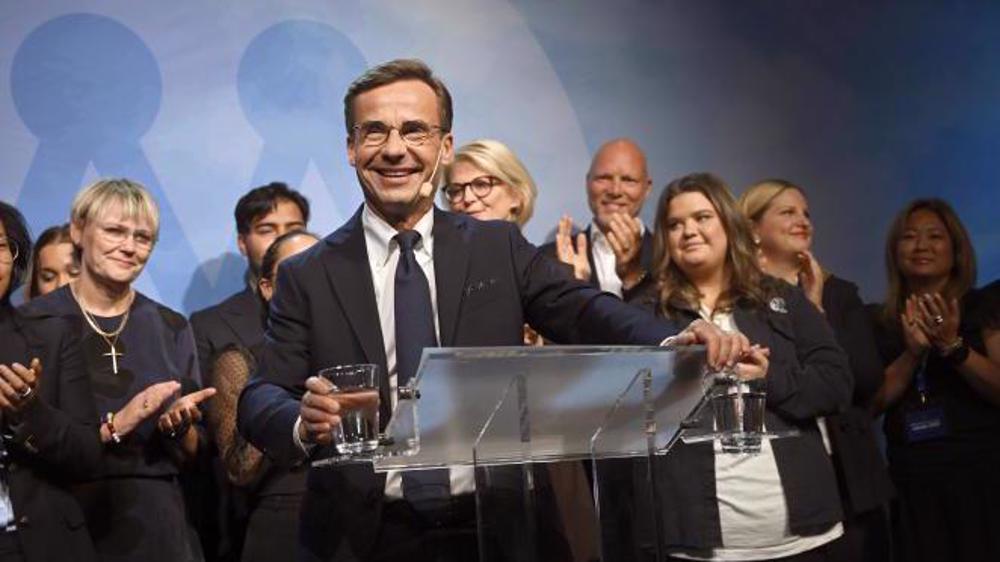
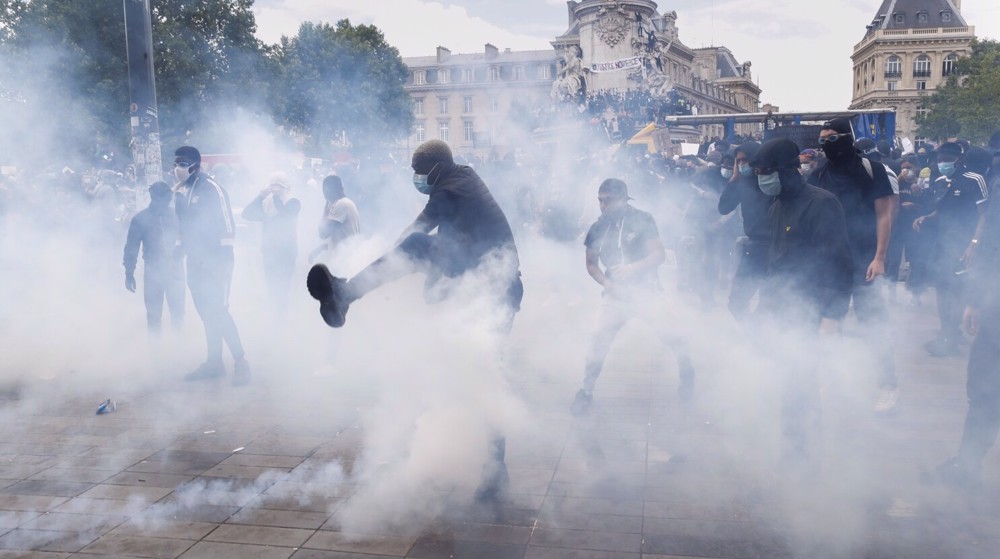
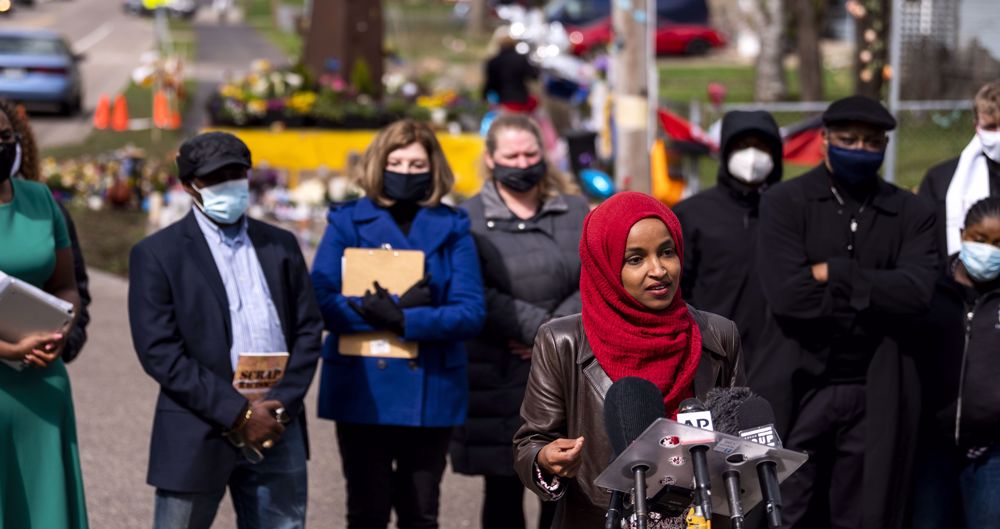
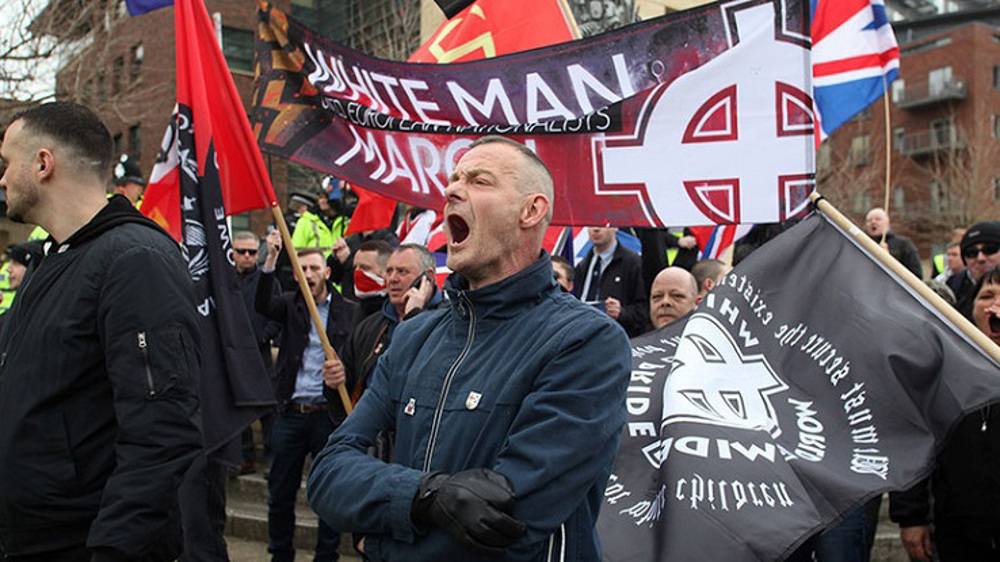
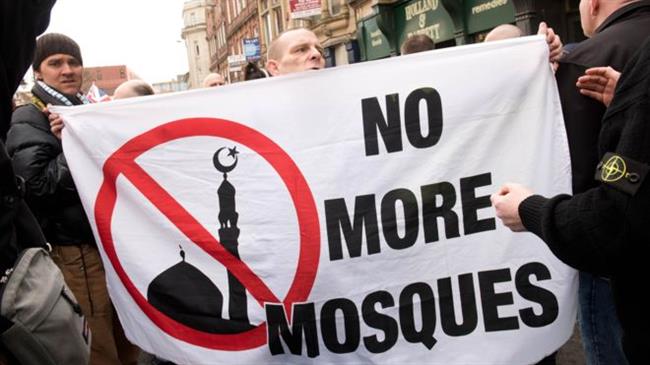
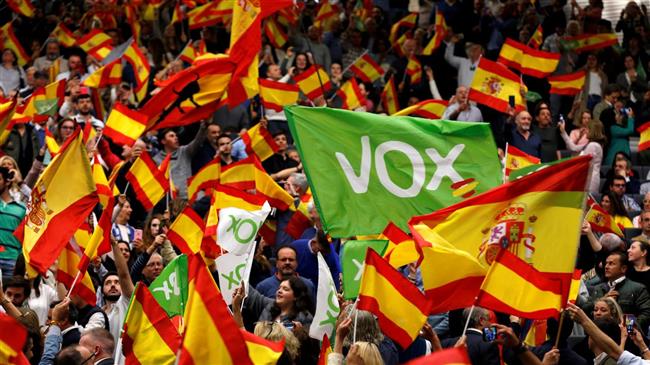


 This makes it easy to access the Press TV website
This makes it easy to access the Press TV website